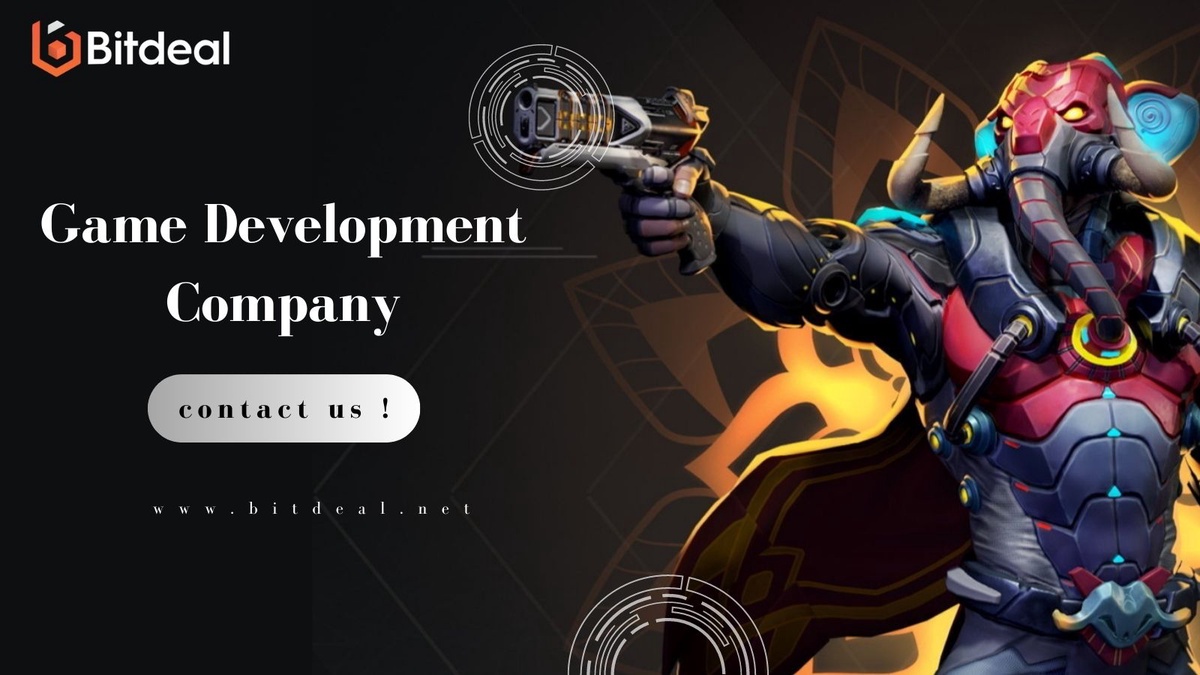Game development is an exciting and rewarding journey that allows aspiring creators to bring their imaginative worlds to life. Whether you envision an epic fantasy realm, a thrilling action-adventure, or a casual mobile game, this beginner's guide will equip you with essential insights and steps to embark on your first game development venture. Let's dive into the exciting world of game creation!
Step 1: Define Your Game Concept
Every great game begins with a compelling concept. Take time to brainstorm and visualize the core elements of your game. Consider the genre, gameplay mechanics, characters, story, and target audience. Defining a clear and unique concept will be the foundation for the rest of your development journey.
Step 2: Choose the Right Game Development Tools
Selecting the appropriate game development tools is crucial, especially for beginners. There are various game engines available, each offering different features and capabilities. Unity and Unreal Engine are popular choices for their user-friendly interfaces and extensive community support. These engines provide powerful tools to design, develop, and test your game efficiently.
Step 3: Learn the Basics of Programming
Having a fundamental understanding of programming is essential for game development. If you are new to coding, start with beginner-friendly languages like C# for Unity or Blueprint scripting for Unreal Engine. Online tutorials, courses, and documentation are valuable resources to help you grasp the basics and start building your game logic.
Step 4: Design Captivating Game Art and Audio
Visuals and audio are vital components of game development. Create captivating game art and design user-friendly interfaces. If you're not an artist, consider using royalty-free assets from platforms like the Unity Asset Store or Unreal Engine Marketplace. Additionally, invest in appealing sound effects and music to enhance the gaming experience.
Step 5: Implement Gameplay Mechanics
Once you have your concept, programming skills, and assets ready, it's time to implement the gameplay mechanics. This step involves designing levels, player interactions, AI behavior, and game rules. Regular testing and iteration are essential to fine-tune the gameplay and ensure a balanced and enjoyable experience.
Step 6: Test, Test, and Test!
Testing is a critical phase of game development. Thoroughly playtest your game to identify bugs, glitches, and potential improvements. Gather feedback from friends, family, or a small group of beta testers to gain valuable insights and refine your game further.
Step 7: Polish and Optimize Your Game
Polishing your game involves refining the user interface, improving visuals, and enhancing overall performance. Optimize your game to run smoothly on various devices, ensuring a seamless experience for players.
Step 8: Release Your Game
Congratulations! You've reached the final stage of your game development journey. Consider publishing your game on popular platforms like Steam, App Store, Google Play, or itch.io. Promote your game through social media, gaming forums, and gaming communities to reach your target audience.
Conclusion
While creating a game by yourself can be challenging, partnering with a Game Development Company like Bitdeal can offer expert support and streamline the process, leading to a successful and rewarding gaming experience.
By partnering with Bitdeal, you gain access to a team of professionals who understand the ins and outs of the gaming industry. They can provide valuable insights, save time and resources, and help you create a high-quality game that stands out in the competitive market.
Game Development : A Beginner's Guide to Creating Your First Game

4 min read
21 July 2023
In case you have found a mistake in the text, please send a message to the author by selecting the mistake and pressing Ctrl-Enter.

No comments yet